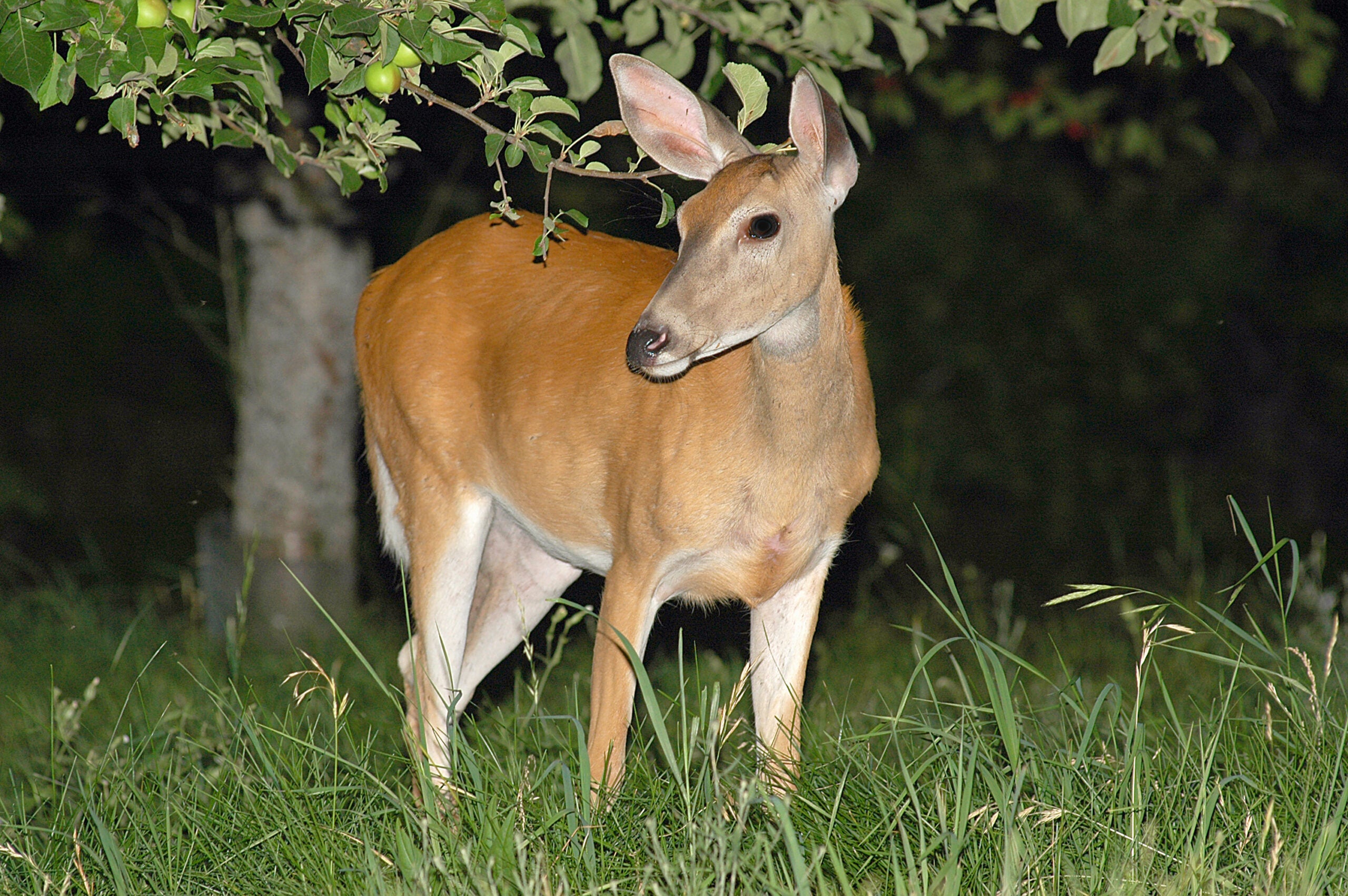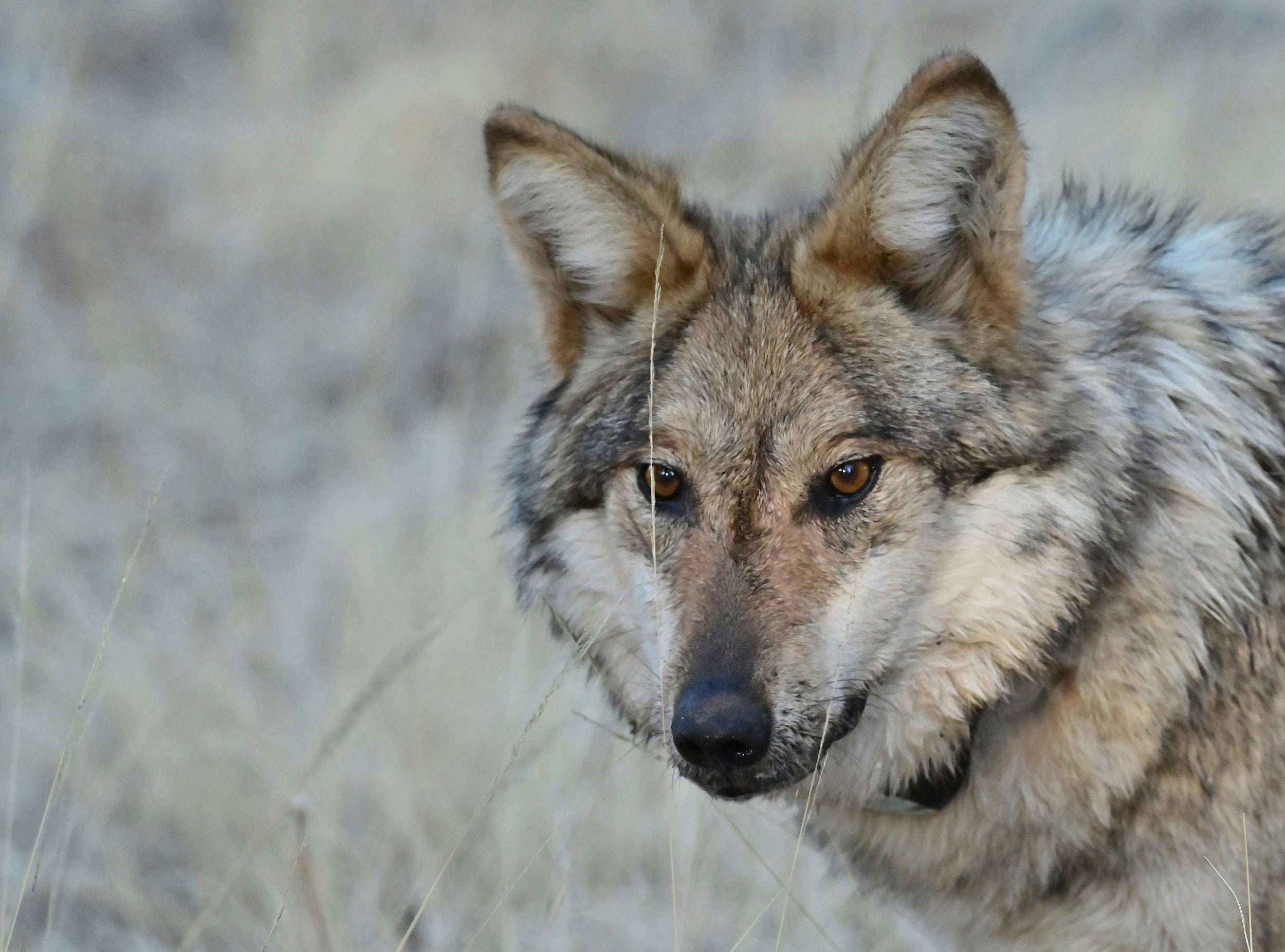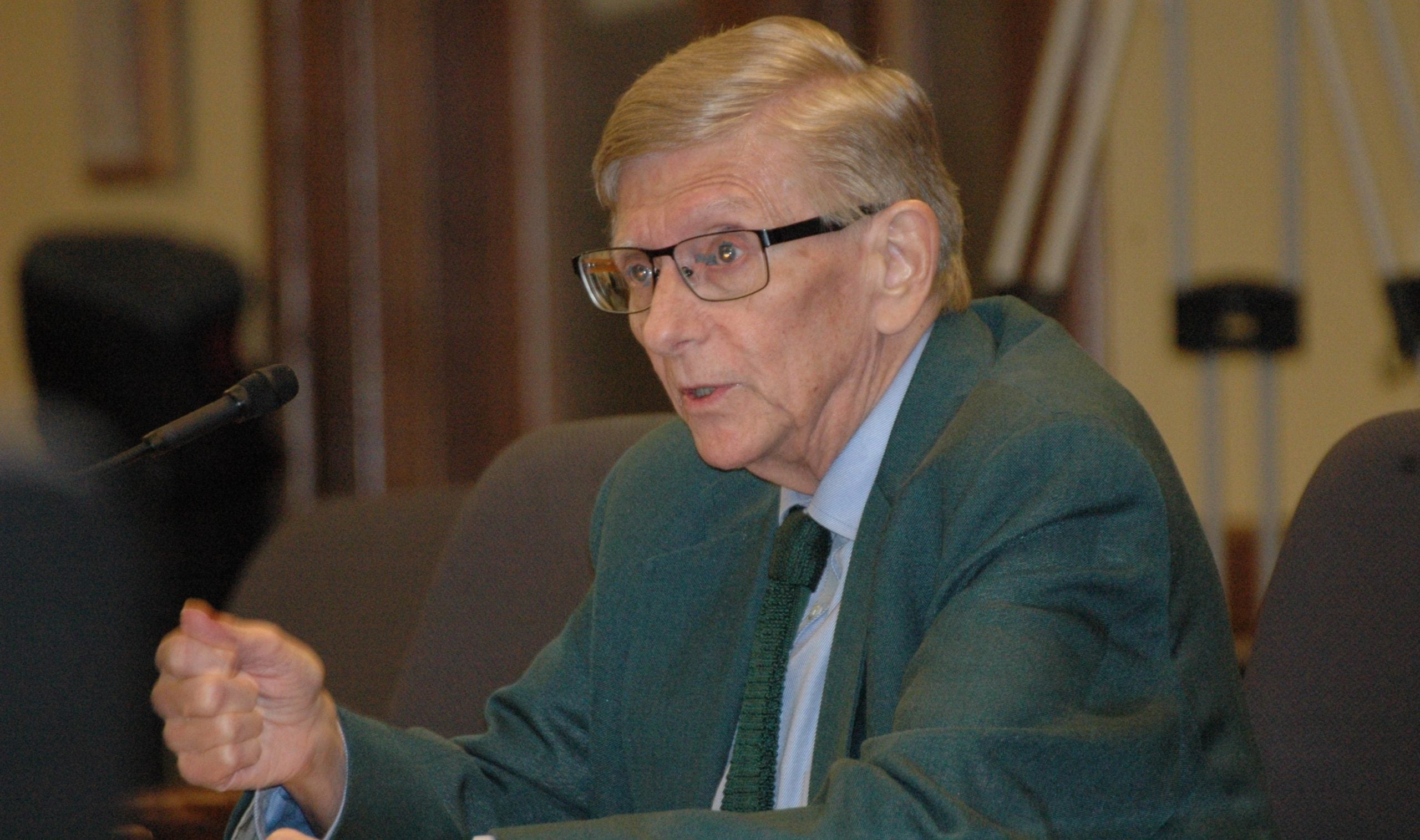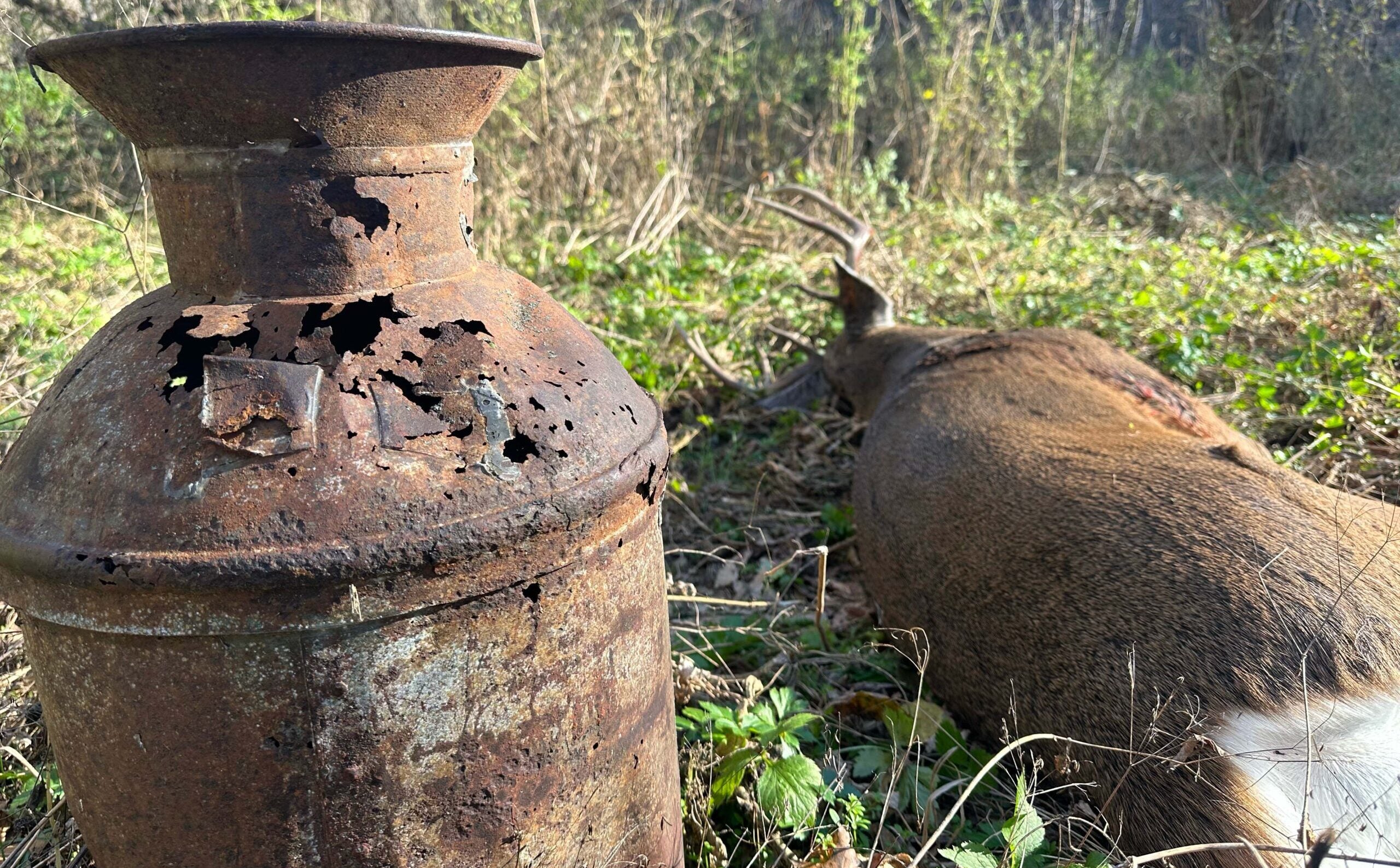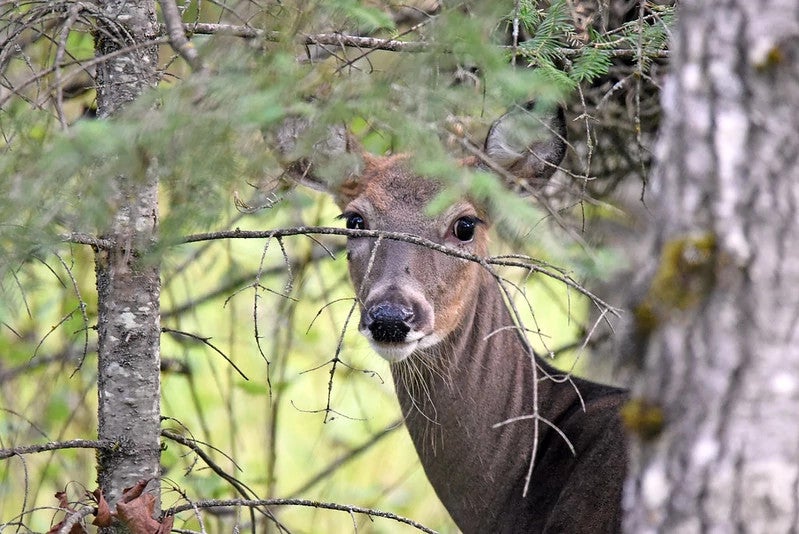A lawsuit by seven northern Wisconsin Ojibwe tribes to let them hunt deer at night will go to trial on July 22 in federal court in Madison.
Hunting deer at night is a contentious issue, one that neither officials from the Great Lakes Indian Fish and Wildlife Commission or the Wisconsin Department of Natural Resources will publicly talk about.
The tribes contend night deer hunting – not shining to attract deer but using light once a deer is spotted to shoot it – is important to put food on the table of tribal members. And since the state allows night wolf hunting, then tribes should be able to hunt deer after dark in the ceded territories.
News with a little more humanity
WPR’s “Wisconsin Today” newsletter keeps you connected to the state you love without feeling overwhelmed. No paywall. No agenda. No corporate filter.
The state argues night deer hunting is illegal because it is shining and dangerous.
Both sides say negotiations have been ongoing since U.S. District Judge Barbara Crabb ruled last December that the tribes overstepped their authority by ordering a night deer hunt without consulting the state first.
Perhaps the biggest underlying issue is treaty rights for Ojibwe to hunt, fish and gather in the ceded territories. That right comes from 19th-century treaties ceding much of their territory to the federal government. The state’s point: They can’t order a night hunt without the state’s consent.
Wisconsin Public Radio, © Copyright 2025, Board of Regents of the University of Wisconsin System and Wisconsin Educational Communications Board.

